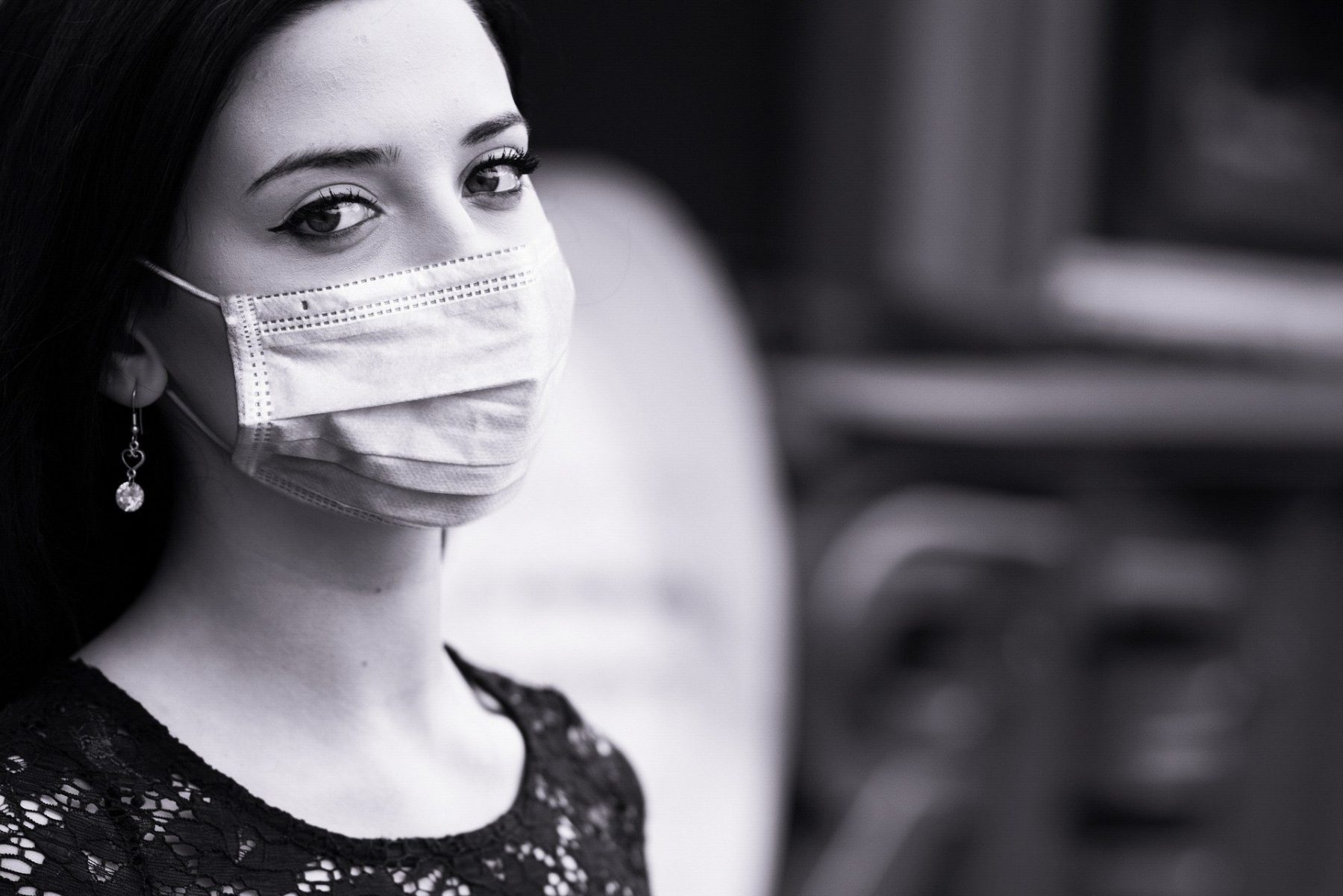Although preventative face masks have been popular in other countries for years, the United States is experiencing its first major personal face mask usage in its history, due to COVID-19. As of early March, state officials scrambled to enact their own guidelines and regulations under a grossly unorganized and misinformed federal government.
Common among most state guidelines was the highly advised use of a protective face mask, especially when frequenting enclosed spaces where social distancing requirements could not be followed. Thus began the starting point for pandemic face mask fashion and expression, as well as a way to understand things about others solely based on the decisions they make about their protective wear.
To Wear or Not to Wear
Face masks are still required in most establishments; however, the intensity with which this requirement is enforced has begun to peter out. Depending on the place, some businesses have loosened their grip on customer restrictions while others seem to forget there is a pandemic at all.
With rules becoming increasingly ambiguous, donning a face mask in public largely depends on the individual. And surprisingly, this decision says a lot about the identity and beliefs of the person the mask covers or fails to cover.
According to The New York Times, a Gallup poll showed that Democrats are more likely to wear protective face masks than Republicans. This partially has to do with the fact that Democrats more often reside in places where the virus has infected and killed the most people, as well as the fact that the identities comprising the Democratic party are more likely to include groups that have unequal rates of infection and death in relation to their representation in the overall population.
Additionally, rhetoric around the pandemic differs drastically depending on the party. With leaders on one side suggesting that people drink cleaning products to cure their ailments and that the virus is a product of race, leaders from other parties continue to take the virus seriously and make sure the information they spread is helpful and accurate, which includes the ongoing encouragement of wearing some kind of face mask.
Another factor that the same Gallup poll found was that women are more likely to wear face masks than men. As is true for almost all common safety and health procedures, men may see the protective face mask as a sign of weakness or fear. The construction of masculinity in the United States promotes reckless behavior in male individuals, and since it is clear that, like race, the virus does not discriminate based on sex, men refusing protective protocols like face masks may subconsciously boost their sense of manhood.
Whether decisions about masks really have to do with sex or not, there is something to be said about the way that those covering their faces accept their own vulnerability, as well as the susceptibility of others, much more so than those who choose to remain uncovered.
The Commodification of COVID-19
Luckily, those who do choose to wear a face mask don’t have to go far to find one. In a capitalist America, it is unsurprising to see the commodification of COVID-19. The pandemic face mask quickly moved from the classic medical mask to the colorful, patterned masks often seen today.
Retail businesses seized the opportunity for new products by turning pandemic protective wear into fashion. Stores like Urban Outfitters, Anthropologie, Madewell, GAP and others have designed “cute” cloth masks for customers to feel more stylish as protective gear becomes the new staple in everyone’s closet. With businesses tactically rebranding face masks as “fashion face coverings,” protective gear is taking on a new identity.
Even companies like Disney have used the pandemic to promote their product. Recently added to the Disney website is a collection of masks displaying different characters and movie franchises, with sizes ranging from small for the toddler, to large for the adults who never left the Disney train.
However, Disney is also an example of the many companies using their face mask sales for the greater good. The www.shopdisney.com website claims that Disney is donating 1 million cloth face masks to children in “underserved and vulnerable” communities across the U.S., as well as donating a portion of face mask profits to the organization MedShare.
High-end fashion brands including Prada, Gucci and Louis Vuitton have also turned their attention toward flattening the curve, pledging to refocus a portion of their efforts on the production of surgical face masks and donating much of this new product to hospitals and healthcare workers. Whether a company produces masks with altruistic intentions or not, the pandemic face mask has transformed into an item of endless opportunity.
Expression With a Covered Mouth
Just as businesses have taken advantage of the demand for protective wear, individuals have also transformed the face mask. With the ability to buy masks from favorite stores or make original masks with materials found at home, the pathway for creativity and expression is extensive.
The Elverhøj Museum of History & Art in Solvang, California dedicated an entire virtual exhibit to face mask variation and expression called “The Art of Facemasks.” The statement on their website speaks to the significance of the face mask, saying, “The face mask has become a symbol of our times, an emblem to illustrate the COVID-19 contagion. It is also a signal of caring and a gesture of community amidst the upheaval of our daily life. When history looks back on the pandemic of 2020, these rectangles that hide the mouth and nose will be what we see.”
And what will the post-pandemic world see? An individual’s mask may feature a favorite character from a Disney movie. Face masks with paw prints may be for the dog lovers or bedazzle for the drama queens. They may display quotes, movement slogans and religious beliefs for the politically inclined. Or a high-quality resin mask may simply indicate that you’re Hannibal Lecter. Whatever the case, a person’s choices about their pandemic face mask speaks volumes to the current point in history and the individuals who endured it.

















